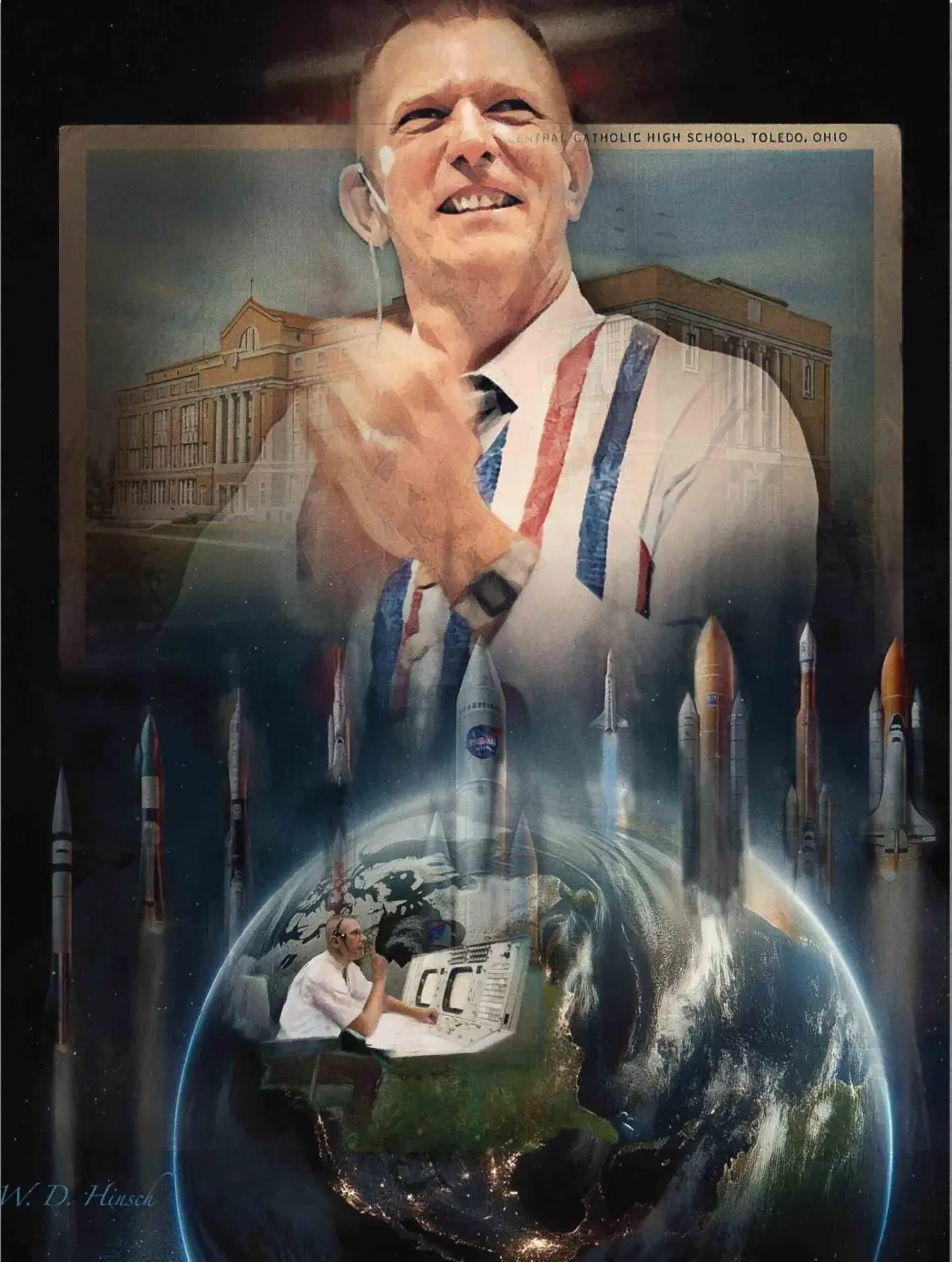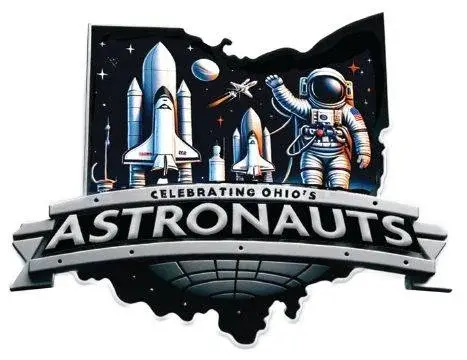
Gene Kranz
By William D.Hinsch
Gene Kranz
Eugene “Gene” Kranz, an emblematic figure in the history of American space exploration, is renowned not for traveling to the stars, but for masterfully steering missions from the ground. Born on August 17, 1933, in Toledo, Ohio, Kranz’s early fascination with aeronautics and a prescient high school thesis on moon travel foreshadowed his pivotal role in NASA’s storied space program.
After graduating with a Bachelor of Science in Aeronautical Engineering from St. Louis University’s Parks College, Kranz served in the Air Force Reserve, flying patrols around the Korean demilitarized zone. His post-military career began at McDonnell Aircraft Corporation, where he contributed to missile and radar projects for the Air Force. However, it was an advertisement for NASA’s space task group that truly set his trajectory towards becoming a space legend.
Kranz joined NASA without a formal interview and quickly proved indispensable. As a Mission Control procedures officer, he crafted the countdowns, mission rules, and was the architect behind the go/no go decisions that would become critical to the Mercury, Gemini, and Apollo missions. His leadership was not just about procedures; it was about fostering a culture of excellence and accountability, encapsulated in his famous “Kranz Dictum” following the Apollo 1 tragedy.
His tenure as a flight director is most vividly remembered for the Apollo 11 lunar landing and the harrowing Apollo 13 mission, where his mantra “failure is not an option” became a defining creed. Kranz’s ingenious problem-solving and unshakeable leadership were crucial in safely returning the Apollo 13 crew back to Earth, a feat that solidified his status as an unwavering beacon of hope and resilience.
Post-NASA, Kranz’s influence continued through his advocacy for space exploration and his work to preserve the legacy of Mission Control. His autobiography “Failure Is Not an Option” and subsequent works underscore his enduring commitment to space exploration and leadership. His awards, including the Presidential Medal of Freedom, reflect a career not just of achievements, but of profound impact.

